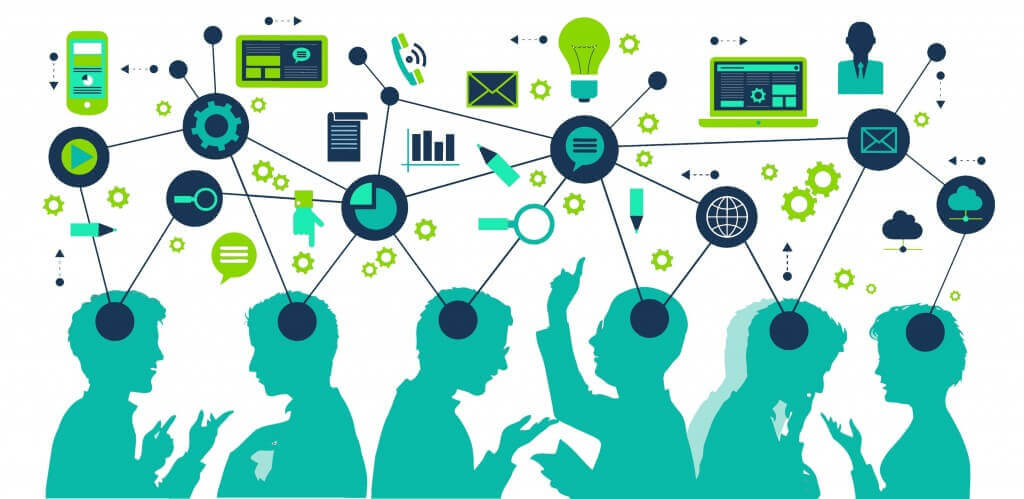
While customer relationship management (CRM) is a term that encompasses both human interaction and software, some references to it might refer exclusively to technology but very few mentions of it would encompass both. For the successful hospitality operator, a CRM system is an essential piece of software that enables them to provide the perfect experience for a guest, no matter what channel they came through, what their reason for travel is, or who they are travelling with.
The software layer simply resides where the human layer of CRM cannot: in front of the customer when he or she is not in residence at a brand property, whether that be online, mobile, or email; in the back office, storing guest records and strictly maintaining the privacy of that information; in the marketing department, helping to formulate personalized campaigns for greater revenue and loyalty; and with the customer in between visits, reminding him or her of the affinity he or she has for the brand, and when the next stay might be.
In order for CRM in its full capacity to be successful, a hospitality operator must get to the heart of what drives all these touchpoints and what will ultimately enable them to provide a perfect experience for every guest – their data.
So, what is the aim of gathering all of this data? And what will the hotel do for the customer once it has been collated and analyzed? The aim is to learn about the guests’ behavior and use it to predict what they may pick/do in the future. The hotel will identify opportunities to surprise and delight the guest, ideally during their first stay which in turn would encourage them to return and become a loyal customer.
For example, a standard urban business hotel in Singapore may not have a golf course or a swimming pool and the guest may have had the hotel chosen for him by a corporate travel agency.




